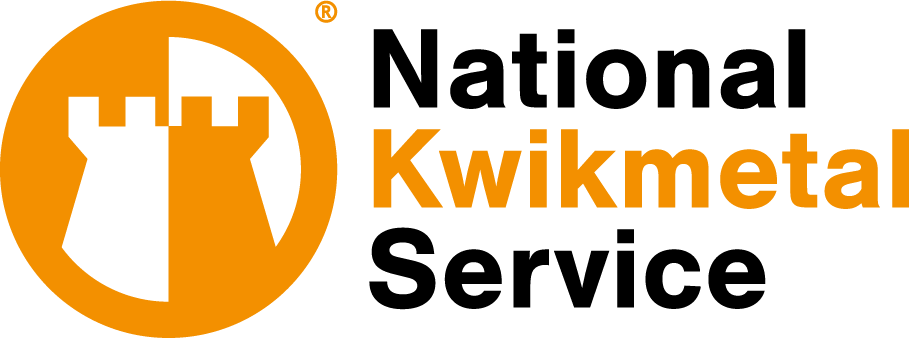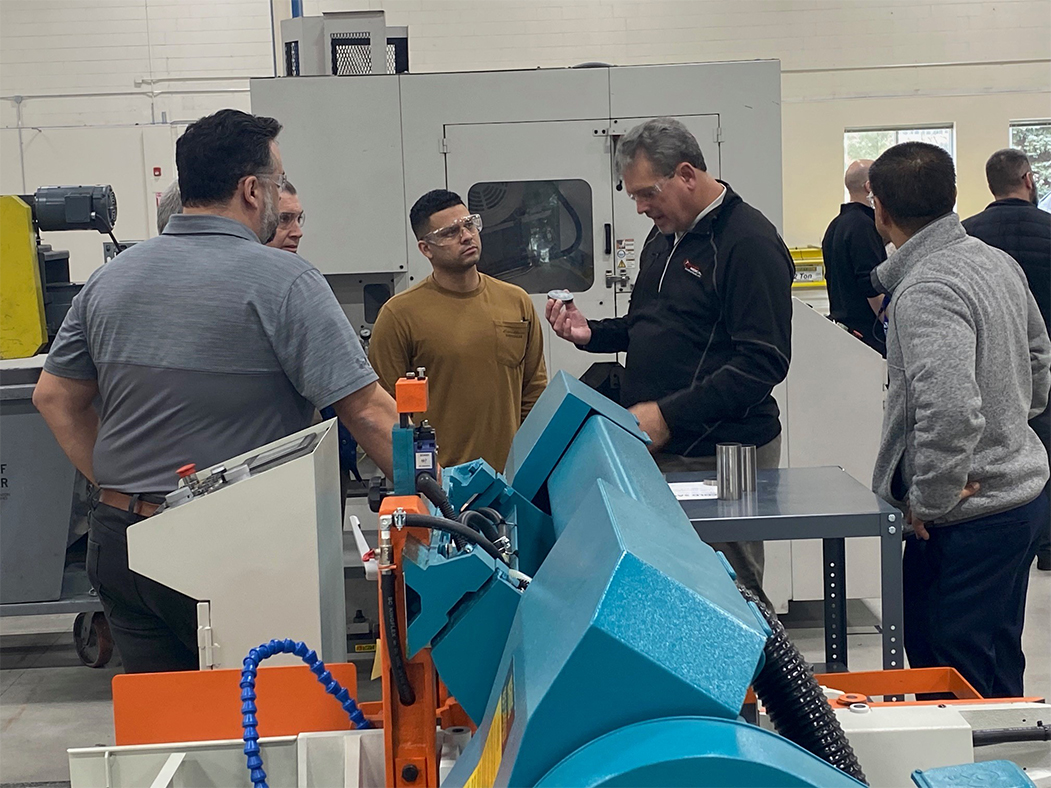

A big THANK YOU to all those who attended our first Open House at Banner Industries’ new location in WINDSOR, Connecticut and a special shout-out to our newly formed team in Windsor, Bryce Rockwell, Eva Stafford, Heather Veilleux, Kristin Brown, and all the other members in the plant. We also had several Banner Regional
ACCREDITED! BANNER INDUSTRIES is pleased to announce that the Ultrasonic Testing Systems at our Warsaw, Indiana facility has successfully completed the NADCAP (National Aerospace and Defense Contractors Accreditation Program) Audit and is now an accredited facility. NADCAP is an assessment of 'special processes' that brings together a panel of technical experts (contractors, suppliers, and representatives
Banner Industries (Banner) is pleased to announce the opening of its latest distribution and manufacturing facility in Windsor, Connecticut. All 6 divisions of Banner - Banner Commercial; Banner Medical; Banner P & M Supply; Edge International; NKS/National Kwikmetal Service; Supra Alloys - will be utilizing this 52,000 SF warehouse, strategically located just minutes from Hartford-Bradley
Phone: 847-257-6570
Phone: +52.811.6363844
Phone: 615-793-4700